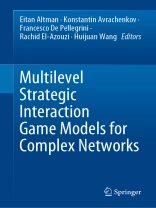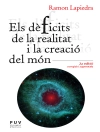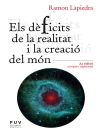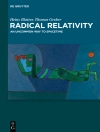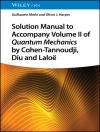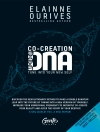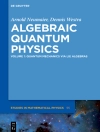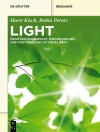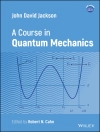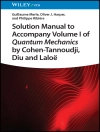This book provides a state-of-the-art overview on the dynamics and coevolution in multi-level strategic interaction games. As such it summarizes the results of the European CONGAS project, which developed new mathematical models and tools for the analysis, prediction and control of dynamical processes in systems possessing a rich multi-level structure and a web of interwoven interactions among elements with autonomous decision-making capabilities.
The framework is built around game theoretical concepts, in particular evolutionary and multi-resolution games, and includes also techniques drawn from graph theory, statistical mechanics, control and optimization theory. Specific attention is devoted to systems that are prone to intermittency and catastrophic events due to the effect of collective dynamics.
Inhaltsverzeichnis
Part I: Multi-Level Evolutionary Games.- Introduction.- Altruism in Groups.- From Egoism to Altruism in Groups.- Interacting Communities.- Random Delays.- Coupled State Policy Dynamics.- Section II: Epidemics/Information Diffusion.- Introduction.- Community Networks.- Interconnected Networks.- Adaptive Networks.- Section III: Networking Games.- Introduction.- Beat your Rival.- Stochastic Coalitional Dynamics.- Peering versus Transit.- Network Neutrality.- Section IV: Intermittency in Complex Systems.- Introduction.- Models with Adaptive Intermittent Behaviour.- Outline of the Forecasting Procedure.- Forecasting Procedure Based on Full Information.- Procedures with Incomplete Information.
Über den Autor
Konstantin Avrachenkov received Master degree in Control Theory from St. Petersburg State Polytechnic University (1996), Ph.D. degree in Mathematics from University of South Australia (2000) and Habilitation (Doctor of Science) from University of Nice Sophia Antipolis (2010). Currently, he is a Director of Research at Inria Sophia Antipolis, France. He is an associate editor of International Journal of Performance Evaluation, Stochastic Models, Probability in the Engineering and Informational Sciences and ACM TOMPECS . His main research interests are Markov processes, singular perturbation theory, queueing theory, mathematical programming, game theory and performance evaluation of communication networks.
Francesco De Pellegrini is full professor at the University of Avignon. He received the Ph.D. degree in 2004 in Telecommunication Engineering from the University of Padova, Italy. He has published more than 100 papers in conference and journals and received 2 best paper awards. He has been working on several subjects in the domain of computer science and networks. His interests are algorithms on graphs, epidemics and gossip processes, stochastic control of networks and game theory. He has promoted and chaired several conferences in the field of networking and computer science.
Huijuan Wang is currently a tenured assistant professor in the Multimedia Computing Group at Delft University of Technology. She received the M.Sc. degree (cum laude) and Ph.D. degree (cum laude) in Electrical Engineering from the Delft University of Technology in 2005 and 2009, respectively. She has been a visiting scientist in the Department of Physics at Boston University since 2011 and in the Department of Electrical Engineering at Stanford University for the period April-August 2015. Her main research areas are performanceanalysis of complex networks and systems ranging from technological networks, economical systems to brain networks, modelling, prediction and control of dynamic processes e.g. viral spreading, opinion formation and cascading failures on multi-layer interdependent networks.
Dr. Altman (IEEE fellow) has been a researcher at INRIA, France since 1990. He has been in editorial boards of many journals such as IEEE/ACM To N, Wireless Networks, Computer Networks, Computer Communications, SIAM J. of Control and Optimisation. He is a coauthor of 8 papers that received best paper or student paper awards. He received the Grand Prix de France Telecom from the French Academy of Sciences (2009), the ISAACS Award from the Society of Dynamic Games (2014), the Distinguished Technical Achievement Recognition Award by IEEE TC on Big Data (2017). Has over 20000 citations with 68 H number.
Rachid El-Azouzi is a full professor at university of Avignon, France. He has been a visiting scientist in the Department of Computer Science in California University in Berekely since 2012. He currently serves as an associate editor for IEEE Transactions on Networking since 2016.
Rachid El-Azouzi is the co-recipient of 5 Best Paper Awards, and he has authored or co-authored over 70 journal articles and book chapters and over 170 conference publications, in the general areas of game theory, complex system, Evolutionary games, networking games, wireless networks, network economics, stochastic control and delay tolerant networks.
